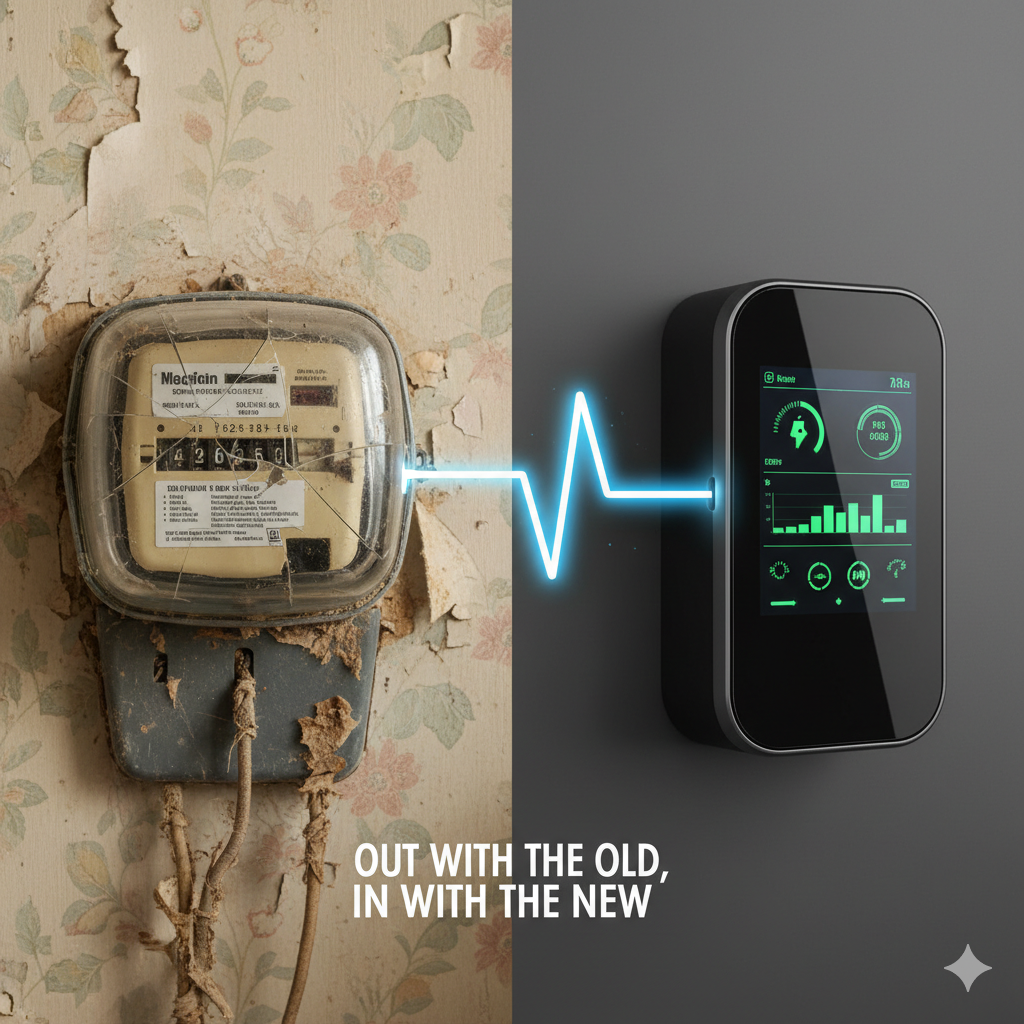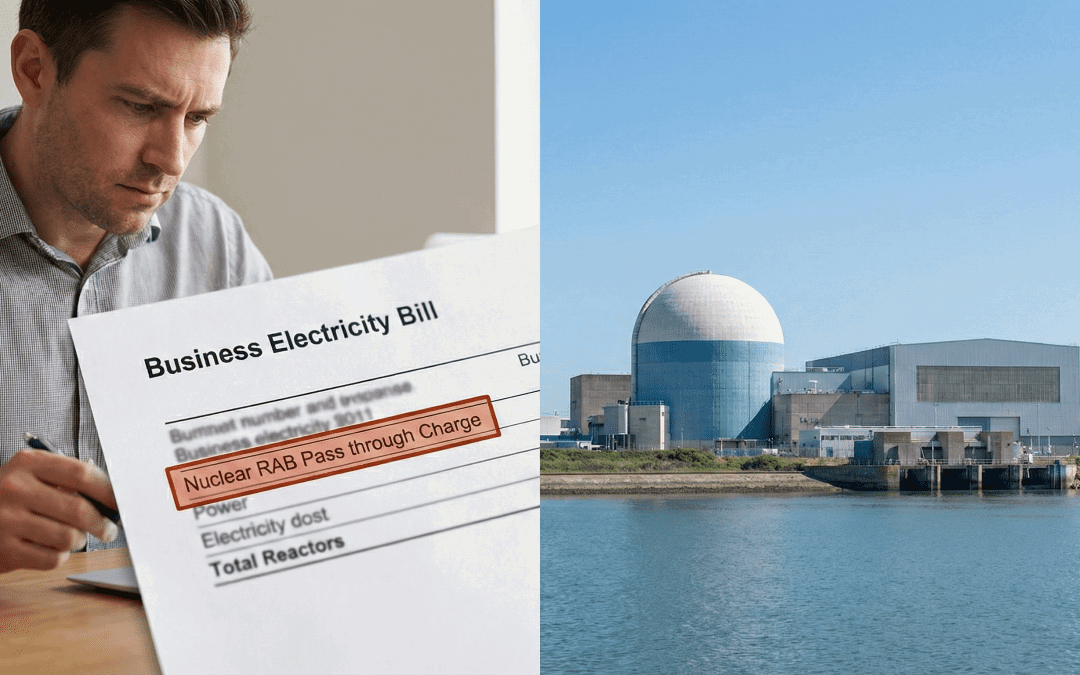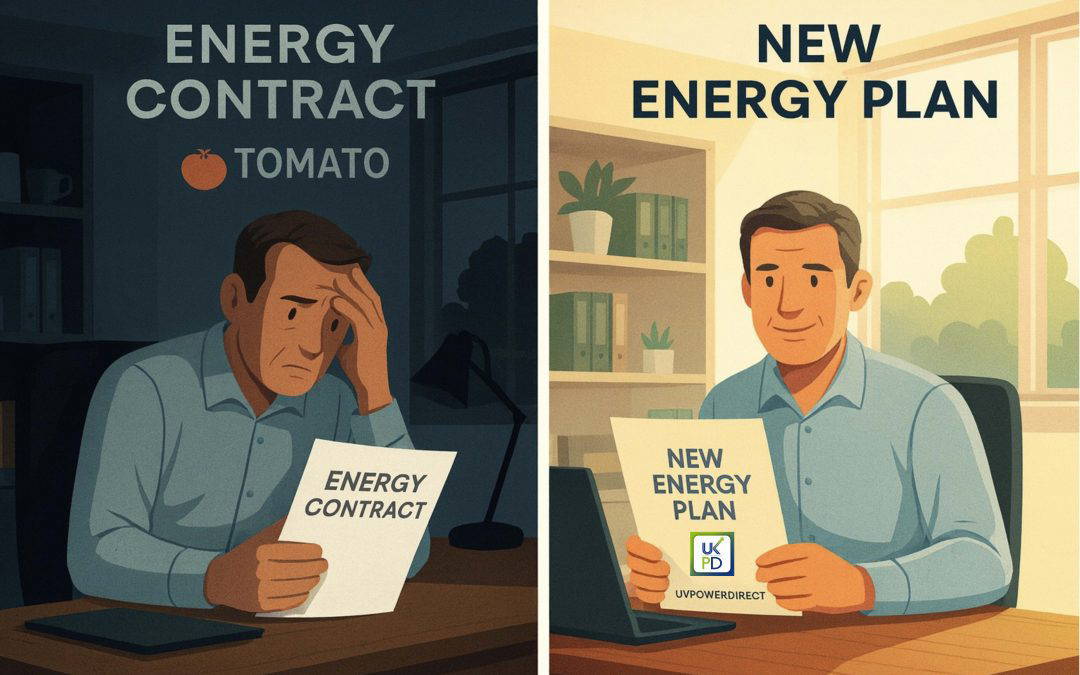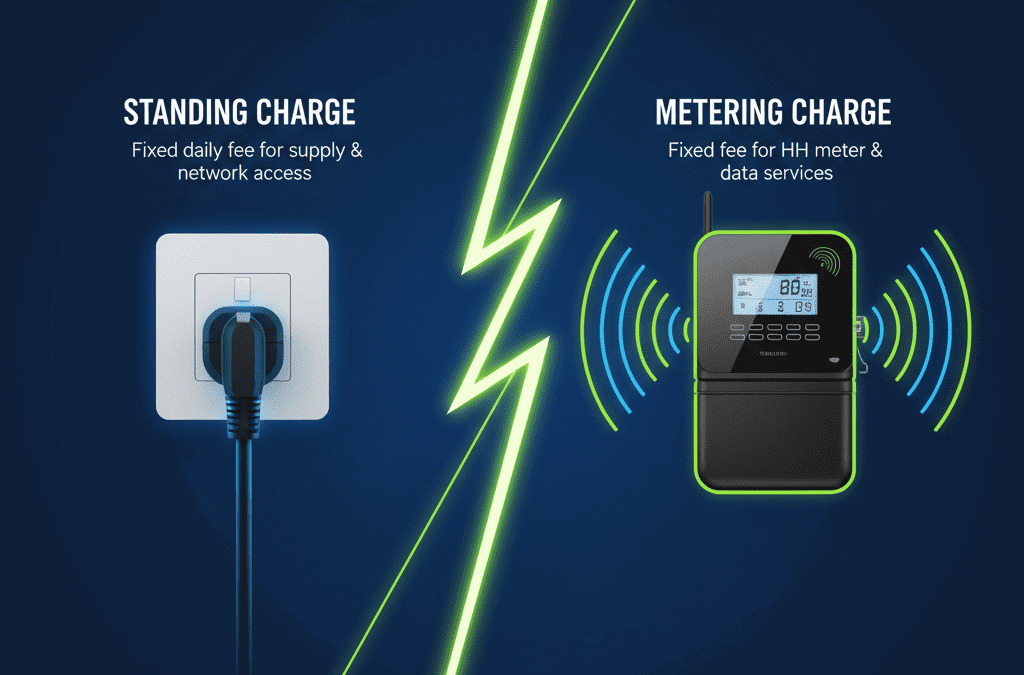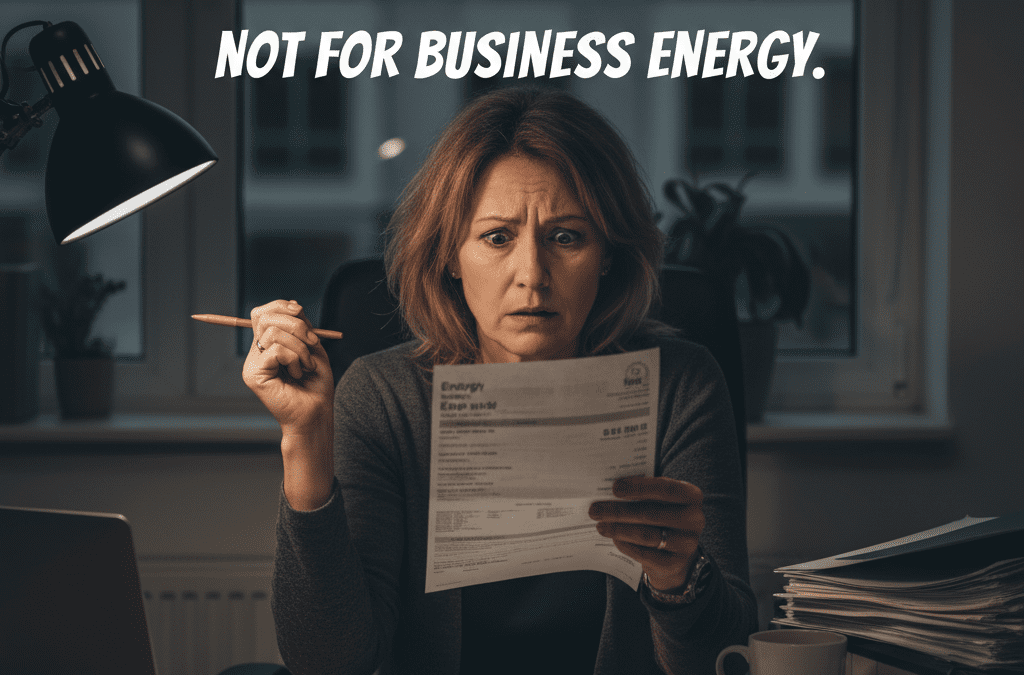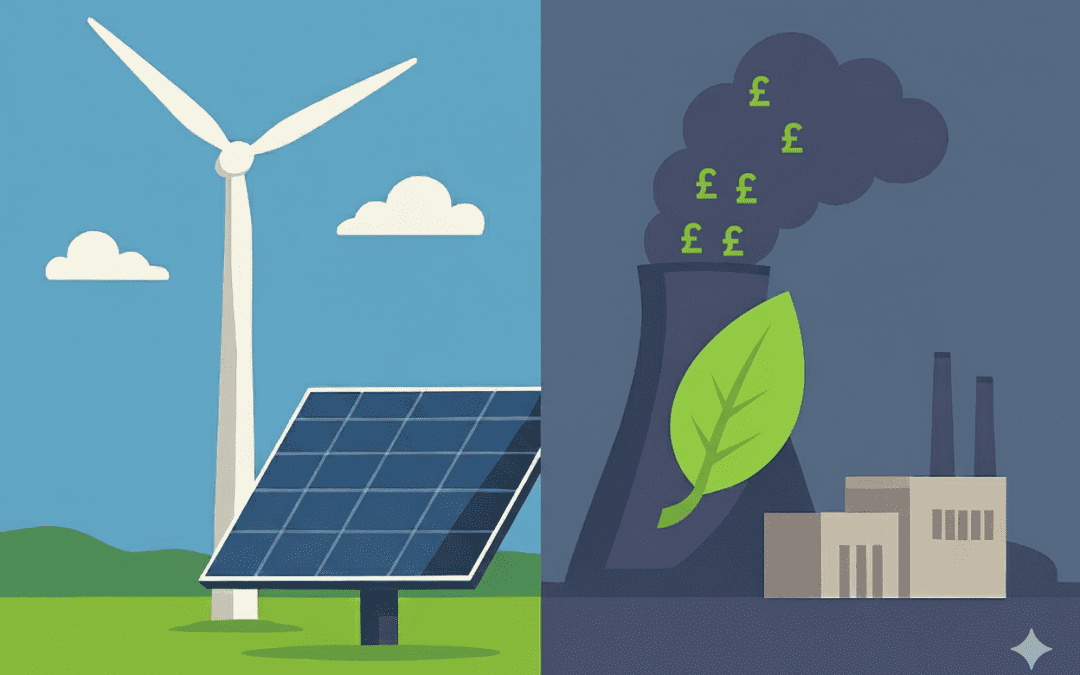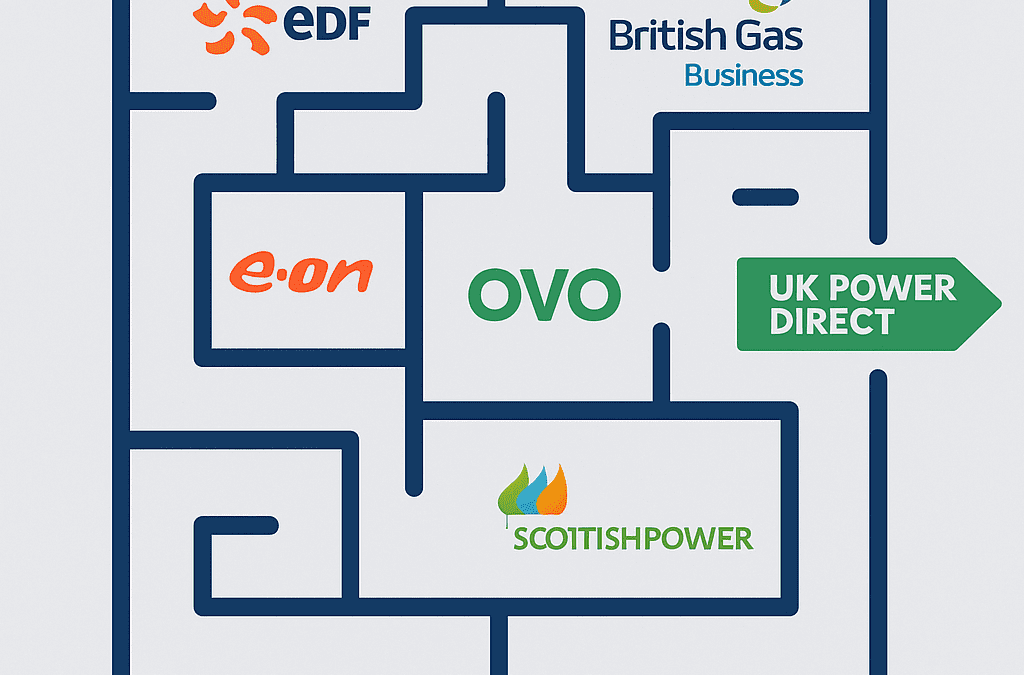Introduction
Market-wide Half-Hourly Settlement (MHHS) is set to go live in October 2025. This major change will impact the way electricity usage is tracked and how bills are calculated for consumers across the country. Below is a breakdown of what MHHS means for you, how it will affect your contracts and bills, and the timeline for its implementation.
What Is MHHS?
MHHS is a programme designed to modernise the electricity market, moving away from outdated processes that have been in place since the 1990s. Previously, only large businesses had their electricity usage measured every half hour, while residential customers had their consumption estimated, often resulting in bills being settled months or even over a year later. With the advent of smart meters, it is now possible to accurately measure usage every half hour for everyone. The MHHS programme will roll out this capability nationwide.
Why Is MHHS Being Implemented?
- To give energy companies accurate data on electricity usage and timing.
- To allow supply to better match demand, reducing waste and minimising issues.
- To enable smart deals, such as cheaper rates for charging electric vehicles at night.
- To speed up the process of balancing bills, reducing settlement times from over a year to around four months.
Understanding Settlement
Settlement is the process where the accounts between electricity suppliers and generators are reconciled. You can think of it as the bar tab: generators produce electricity (pour the drinks) and suppliers distribute it to customers. Settlement is how these transactions are checked and corrected to ensure everyone pays for what they use.
What’s Changing?
- A new IT system called the Data Integration Platform (DIP) will be introduced, serving as a central hub for electricity data.
- The previous categories for meters will be replaced with three straightforward types:
- Advanced (for sophisticated meters)
- Smart/Traditional (for smart meters and older types)
- Unmetered (for items like streetlights and road signs)
Timeline for MHHS Implementation
- September 2025: Some of the codes on your bill will change to reflect the new system.
- October 2025: The main migration to the new system begins.
- July 2026–2027: Migration continues, with all customers being moved over in stages.
Myths Busting
- You do not need a new meter solely because of this change.
- You will not be billed by the minute for activities such as boiling a kettle.
- The impact will vary for different types of customers.
Summary
In essence, MHHS represents a much-needed upgrade to the electricity system. The focus is on using smart meters to provide faster and more accurate bills, as well as giving customers the opportunity to save money by adjusting their energy usage to off-peak times. The transition will be completed by 2027, bringing the electricity market into the modern age.

